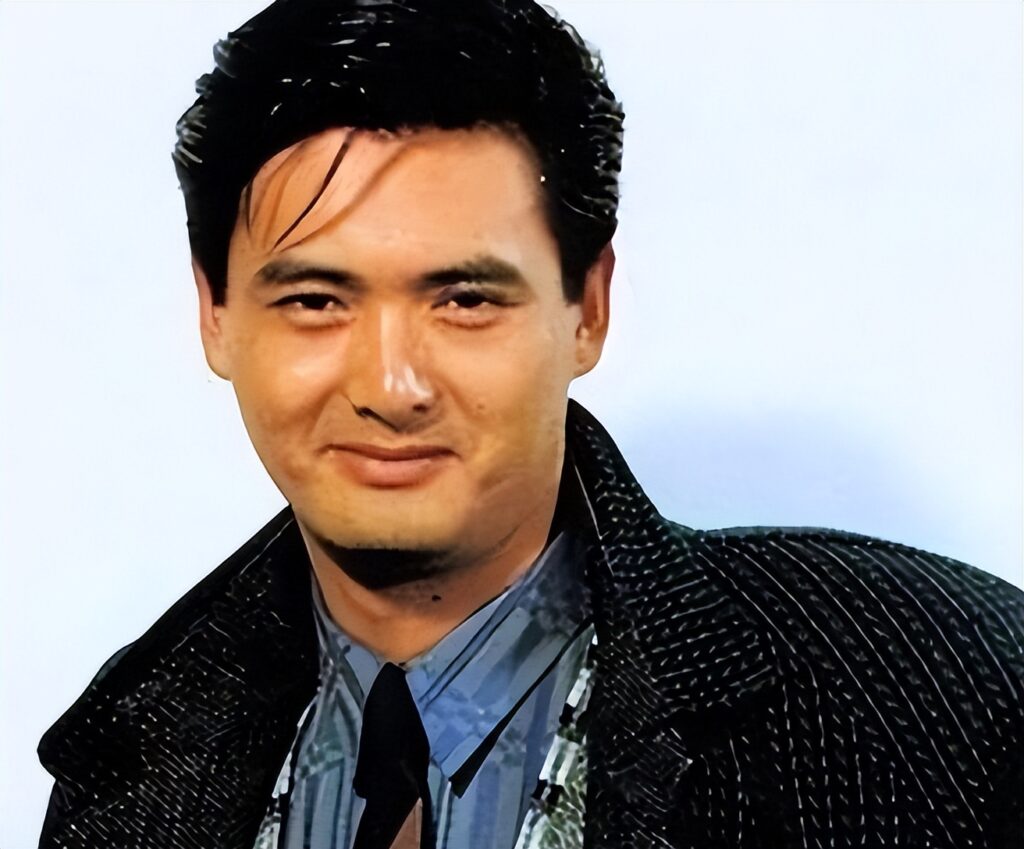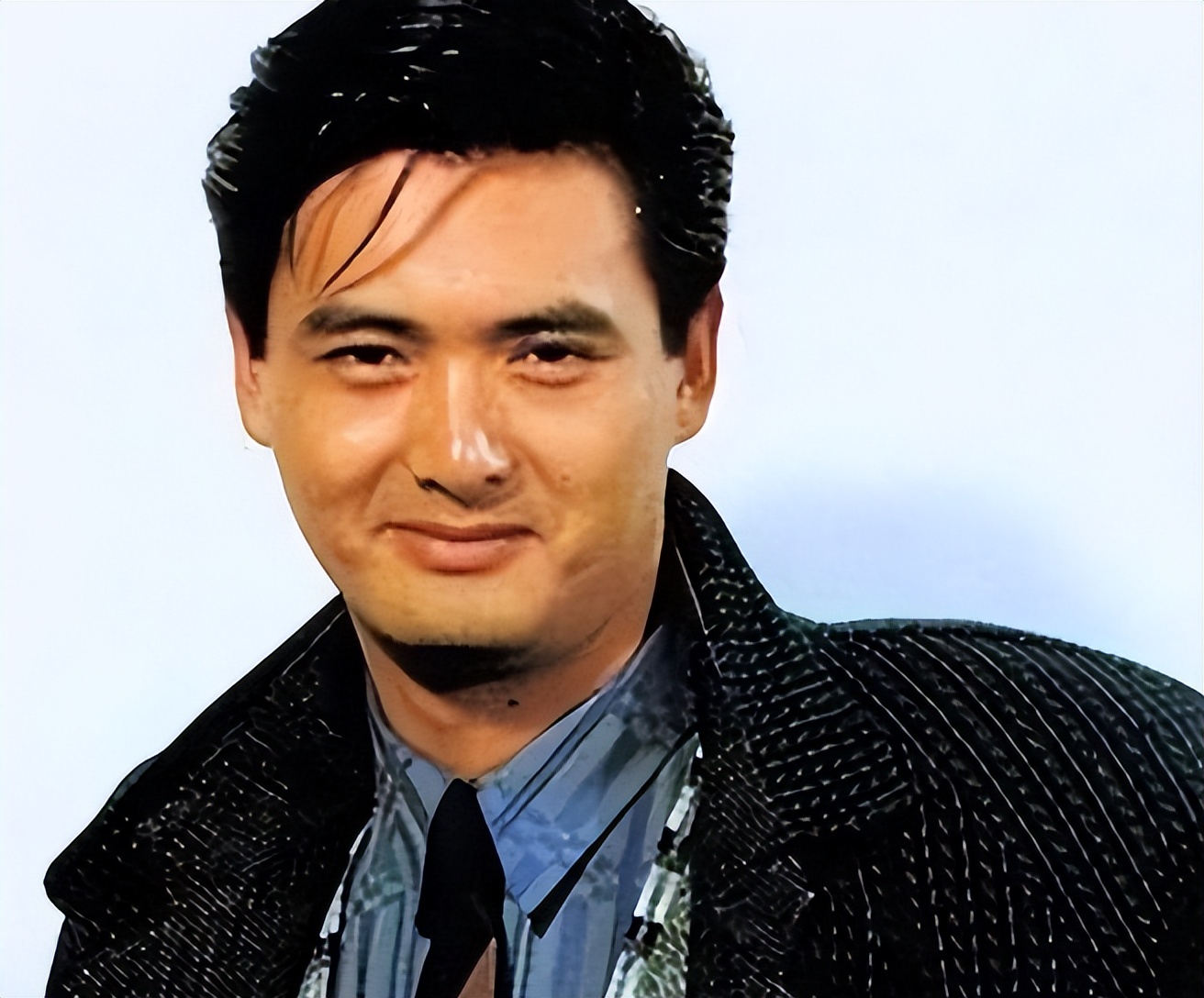
Chow Yun Fat: The Enduring Legacy of Hong Kong’s Favorite Son
Chow Yun Fat, a name synonymous with Hong Kong cinema’s golden age, remains a global icon. From his early days in television to his Hollywood ventures, Chow Yun Fat has captivated audiences with his charismatic presence and remarkable acting talent. This article delves into the life, career, and lasting impact of this legendary actor.
Early Life and Career Beginnings
Born in Lamma Island, Hong Kong, Chow Yun Fat‘s early life was marked by poverty. He dropped out of school at a young age to support his family, taking on various jobs. His break came when he was accepted into TVB’s (Television Broadcasts Limited) actor training program in 1973. This marked the beginning of his journey to stardom.
Initially, Chow Yun Fat found success in television dramas. His roles in series like “Hotel” and “The Bund” established him as a household name in Hong Kong. These early roles showcased his versatility and ability to connect with audiences, laying the foundation for his future film career.
Breakthrough in Cinema: Heroic Bloodshed and Beyond
Chow Yun Fat‘s transition to film proved to be a pivotal moment. He gained international recognition through his collaborations with director John Woo, particularly in the “heroic bloodshed” genre. Films like “A Better Tomorrow” (1986), “The Killer” (1989), and “Hard Boiled” (1992) redefined action cinema and solidified Chow Yun Fat‘s status as a global star.
These films were characterized by their stylized violence, intense emotional drama, and the iconic image of Chow Yun Fat wielding guns with unparalleled coolness. His portrayal of complex characters caught between loyalty and morality resonated deeply with audiences worldwide. The heroic bloodshed movies became a cultural phenomenon, influencing countless action films that followed.
Hollywood and International Recognition
Following his success in Hong Kong cinema, Chow Yun Fat ventured into Hollywood in the late 1990s. He starred in films like “The Replacement Killers” (1998), “The Corruptor” (1999), and “Anna and the King” (1999). While his Hollywood career had mixed results, it further expanded his global fanbase and introduced him to a new audience.
One of his most notable Hollywood roles was in Ang Lee’s critically acclaimed martial arts film “Crouching Tiger, Hidden Dragon” (2000). This film was a major international success, winning multiple Academy Awards and cementing Chow Yun Fat‘s reputation as a versatile and respected actor. His performance in “Crouching Tiger, Hidden Dragon” showcased his ability to portray both action and emotional depth, further solidifying his legacy.
A Return to Asian Cinema
In the 2000s, Chow Yun Fat returned to Asian cinema, taking on roles in big-budget epics like “Curse of the Golden Flower” (2006), “The Children of Huang Shi” (2008) and “Confucius” (2010). These films allowed him to explore different genres and characters, showcasing his range as an actor. He continued to be a major box office draw in Asia, proving his enduring popularity.
His commitment to diverse roles continued with projects like “Let the Bullets Fly” (2010), a Chinese dark comedy action film that became a massive hit. Chow Yun Fat‘s ability to adapt to different genres and maintain his star power has been a key factor in his longevity.
Philanthropy and Simple Living
Beyond his acting career, Chow Yun Fat is known for his humility and philanthropy. Despite his wealth and fame, he lives a relatively simple life, often using public transportation and shopping at local markets. He is also a generous donor to charitable causes, particularly those focused on education and healthcare.
In 2018, Chow Yun Fat announced his intention to donate his entire fortune, estimated to be around $714 million, to charity. This act of generosity has further endeared him to the public and solidified his reputation as a role model. His commitment to giving back to society reflects his down-to-earth nature and his desire to make a positive impact on the world.
The Enduring Appeal of Chow Yun Fat
Chow Yun Fat‘s enduring appeal lies in his combination of talent, charisma, and humility. He is not just an actor; he is a cultural icon who has inspired generations. His roles in classic films have become ingrained in popular culture, and his personal story of overcoming adversity resonates with people from all walks of life.
His ability to portray both tough and vulnerable characters has made him a beloved figure around the world. Whether he is wielding guns in a John Woo action film or portraying a historical figure in an epic drama, Chow Yun Fat brings a unique presence and depth to his roles.
Legacy and Influence
Chow Yun Fat‘s influence on cinema is undeniable. He has inspired countless actors and filmmakers, and his films have helped to shape the action genre. His collaborations with John Woo, in particular, have had a lasting impact on the way action films are made.
His portrayal of strong, morally ambiguous characters has also influenced the development of anti-hero figures in film and television. Chow Yun Fat‘s ability to make audiences empathize with complex characters has set a new standard for acting in the action genre.
Chow Yun Fat: A True Icon
Chow Yun Fat remains an active figure in the entertainment industry, continuing to take on new and challenging roles. His dedication to his craft and his commitment to giving back to society have solidified his place as one of the most respected and beloved figures in Hong Kong cinema. He is a true icon whose legacy will continue to inspire generations to come.
From humble beginnings to international stardom, Chow Yun Fat‘s journey is a testament to his talent, hard work, and unwavering commitment to his craft. He is more than just an actor; he is a symbol of resilience, humility, and generosity. His story serves as an inspiration to aspiring actors and to anyone who dreams of achieving success while staying true to their values. His name, Chow Yun Fat, will forever be etched in the annals of cinematic history. [See also: Hong Kong Cinema’s Golden Age] [See also: John Woo Filmography] [See also: Crouching Tiger, Hidden Dragon Review]

